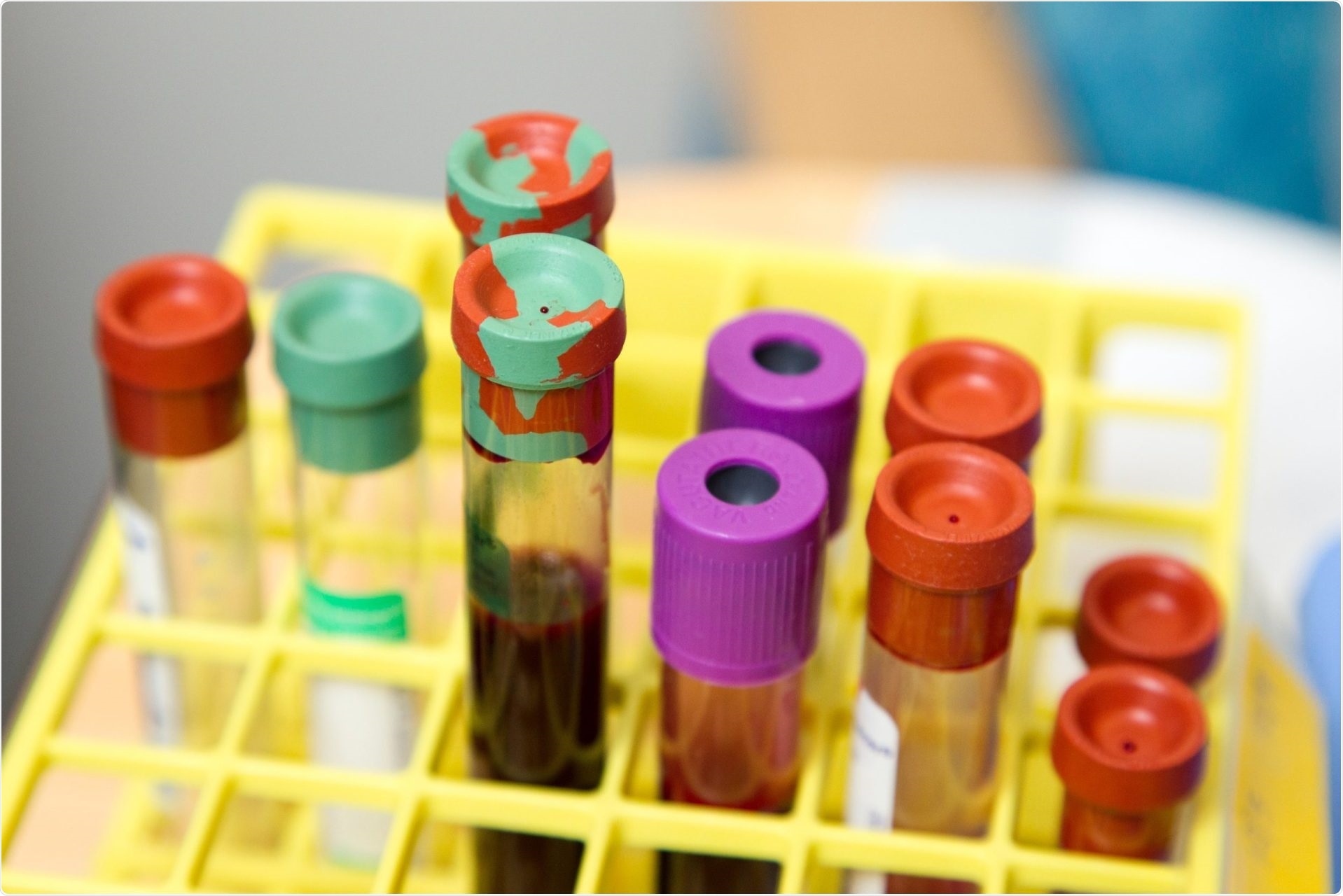New research has revealed the differences in mechanism behind cancer’s resistance to the major class of anti-cancer drugs known as nucleoside analogues.

The research could be a huge breakthrough in cancer research. Image Credit: University of Kent
Nucleosides are molecules containing the genomic information that can be chemically modified into so-called nucleoside analogues to cause them to inhibit DNA formation in cancer cells, causing the cells to die. However, the presence of the enzyme SAMHD1 aids the cancer’s resistance to this treatment.
This new understanding, provided by the University of Kent’s School of Biosciences and the Institute of Medical Virology at Goethe-University, may lead to further breakthroughs in combatting resistances to anti-cancer therapies.
Researchers, supported by the Frankfurter Stiftung für krebskranke Kinder, investigated the drug candidate CNDAC, with hopes it would prevent SAMHD1’s involvement in the cancer’s resistance to treatments.
The study confirmed that CNDAC does not inhibit SAMHD1 and so would not support nucleoside analogue treatments.
However, the research revealed differences in the resistance mechanisms between leukemia cells immediately unresponsive to treatment and those that developed resistance over time.
In cells immediately unresponsive to treatment, resistance was found to be due to high levels of SAMHD1 inactivating the nucleoside analogues. In contrast, cells that had developed resistance were found to include the enzyme DCK, which is involved in the activation of nucleoside analogues.
Notably, developed resistance to nucleoside analogue treatments resulted in cross-resistance to other closely related nucleoside analogues activated by the same DCK enzyme. This profound revelation may help inform further treatments for cancer in the future.
The differences between the mechanisms in resistances are a huge step in understanding why particular therapies have a lack of success in destroying the cancer cells and will help us to develop better cancer therapies.’
Martin Michaelis, Professor, University of Kent
Professor Jindrich Cinatl, Goethe-University Frankfurt, said: ‘It is really encouraging that resistance to nucleoside analogues does not seem to be associated with cross-resistance to other therapies. This means that there is hope that there are additional therapy options for patients, in whom first-line therapies have stopped to work.’
The study ‘Differences between intrinsic and acquired nucleoside analogue resistance in acute myeloid leukemia cells’ is published by the Journal of Experimental & Clinical Cancer Research (University of Kent’s School of Biosciences - Katie-May McLaughlin, Dr Mark N. Wass, Professor Martin Michaelis; Goethe University Frankfurt - Tamara Rothenburger, Dominique Thomas, Yannick Schreiber, Florian Rothweiler, Berna Bilen, Samira Farmand, Denisa Bojkova, Rui Costa, Dr Nerea Ferreirós, Gerd Geisslinger, Thomas Oellerich, Jindrich Cinatl; LMU Munich - Paul R. Wratil, Tamara Pflantz, Oliver T. Keppler; Dana-Farber Cancer Institute - Kirsten Knecht, Katie Digianantonio, Joshua Temple, Yong Xiong – Yale University; Constanze Schneider).
Source:
Journal reference:
Rothenburger, T., et al. (2021) Differences between intrinsic and acquired nucleoside analogue resistance in acute myeloid leukaemia cells. Journal of Experimental & Clinical Cancer Research. doi.org/10.1186/s13046-021-02093-4.